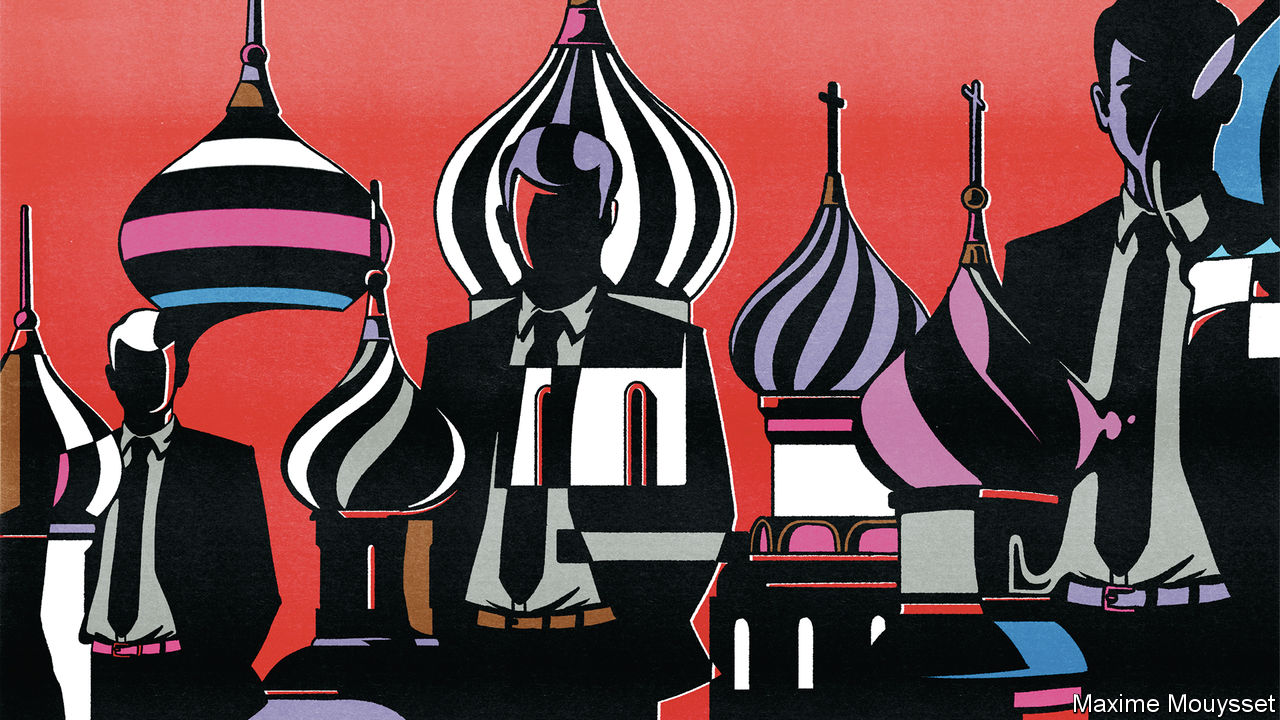Bill Burns, the director of the CIA, recently made a bold statement about the war in Ukraine, claiming that it had created a unique opportunity for the agency to recruit disaffected Russians. This remark may have irked Russian intelligence agencies, who have faced a series of embarrassing failures in recent years. Russian spies were involved in the botched poisoning of opposition activist Alexei Navalny, misjudged the war in Ukraine, and saw hundreds of their officers expelled from European embassies.
A recent study by the Royal United Services Institute (RUSI) sheds light on how Russian intelligence agencies are adapting and evolving in response to these setbacks. The study, based on documents obtained from Russian special services and interviews with relevant official bodies, reveals that Russia is focusing on improving the accuracy of its intelligence reporting. This has led to more coherent propaganda campaigns, such as in Moldova, where disinformation efforts have become more targeted and consistent.
One key change highlighted in the RUSI study is the appointment of Sergei Kiriyenko to oversee committees of special influence, which coordinate operations against the West and assess their impact. This shift in leadership has led to more sophisticated propaganda campaigns aimed at undermining European support for Ukraine and other strategic goals. The study suggests that Russian intelligence agencies are learning from past mistakes and adjusting their tradecraft to engage in a new phase of political warfare against the West.









